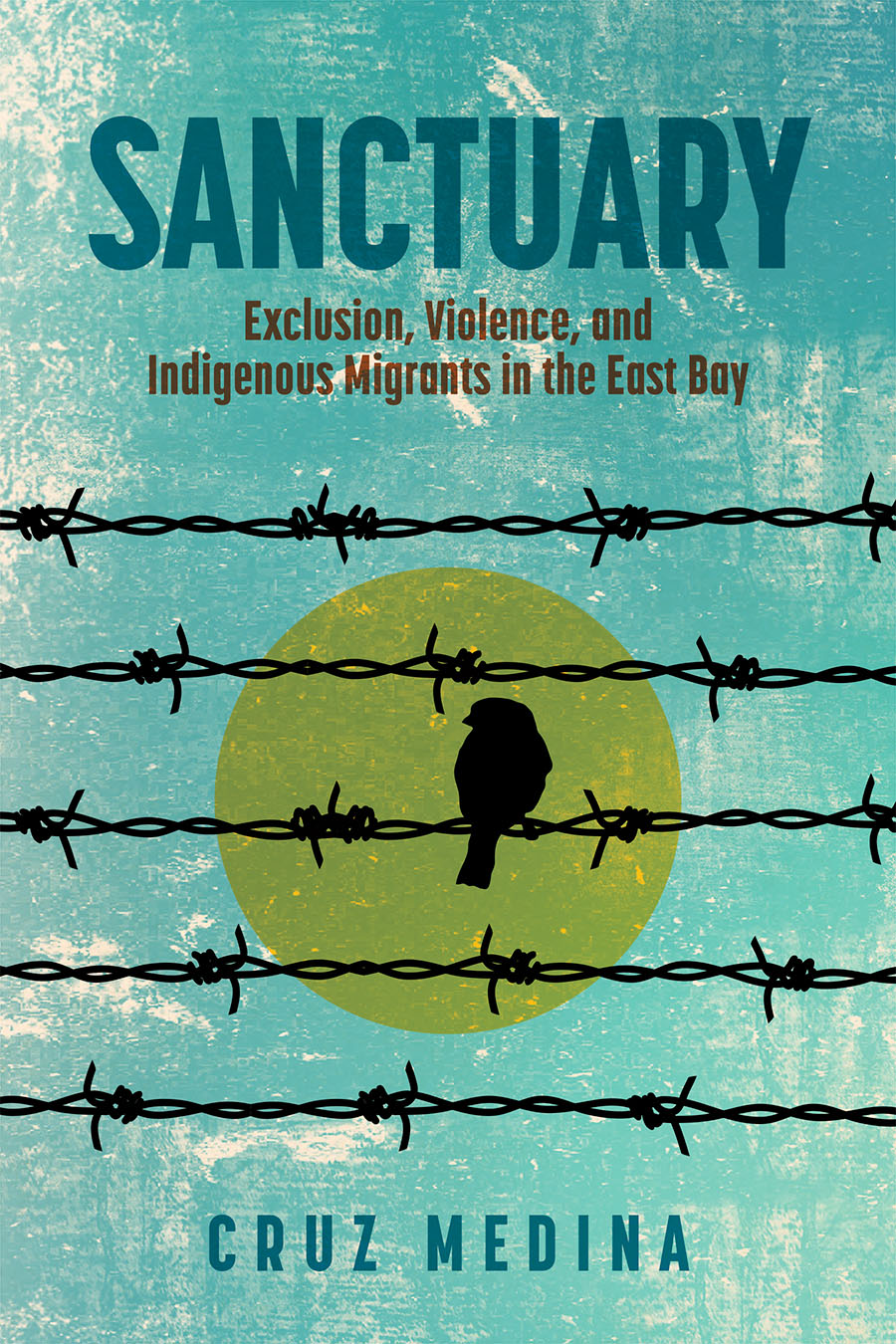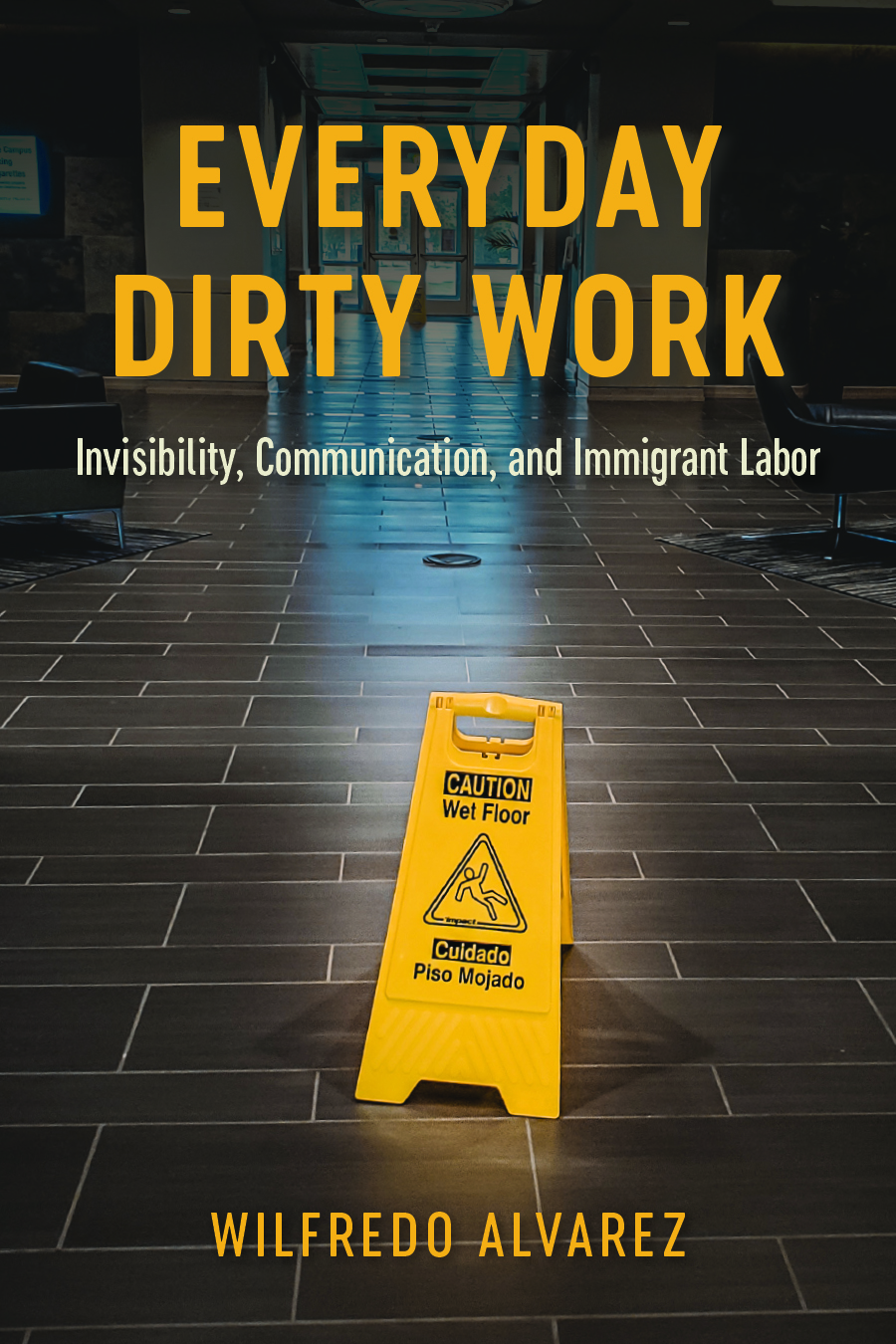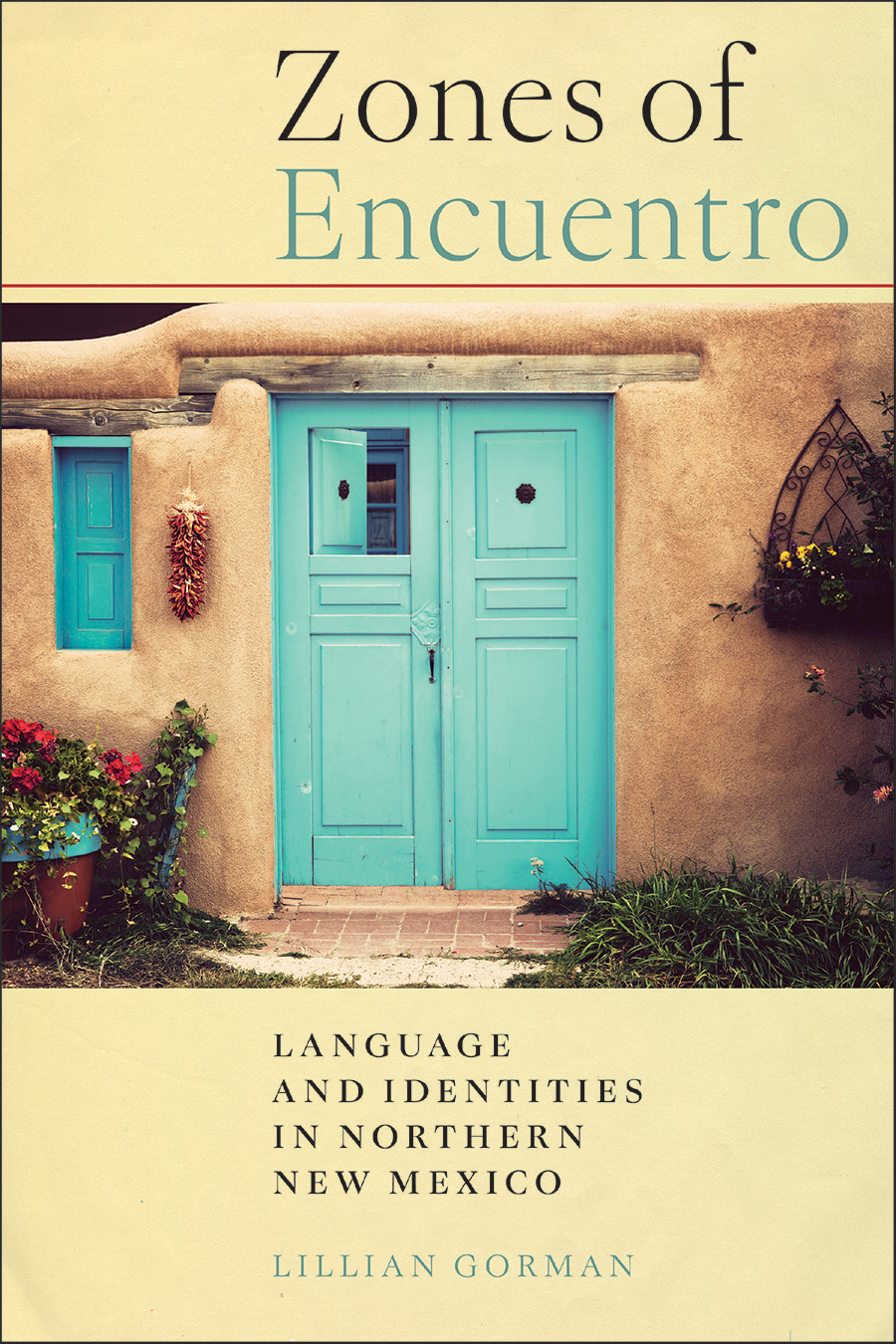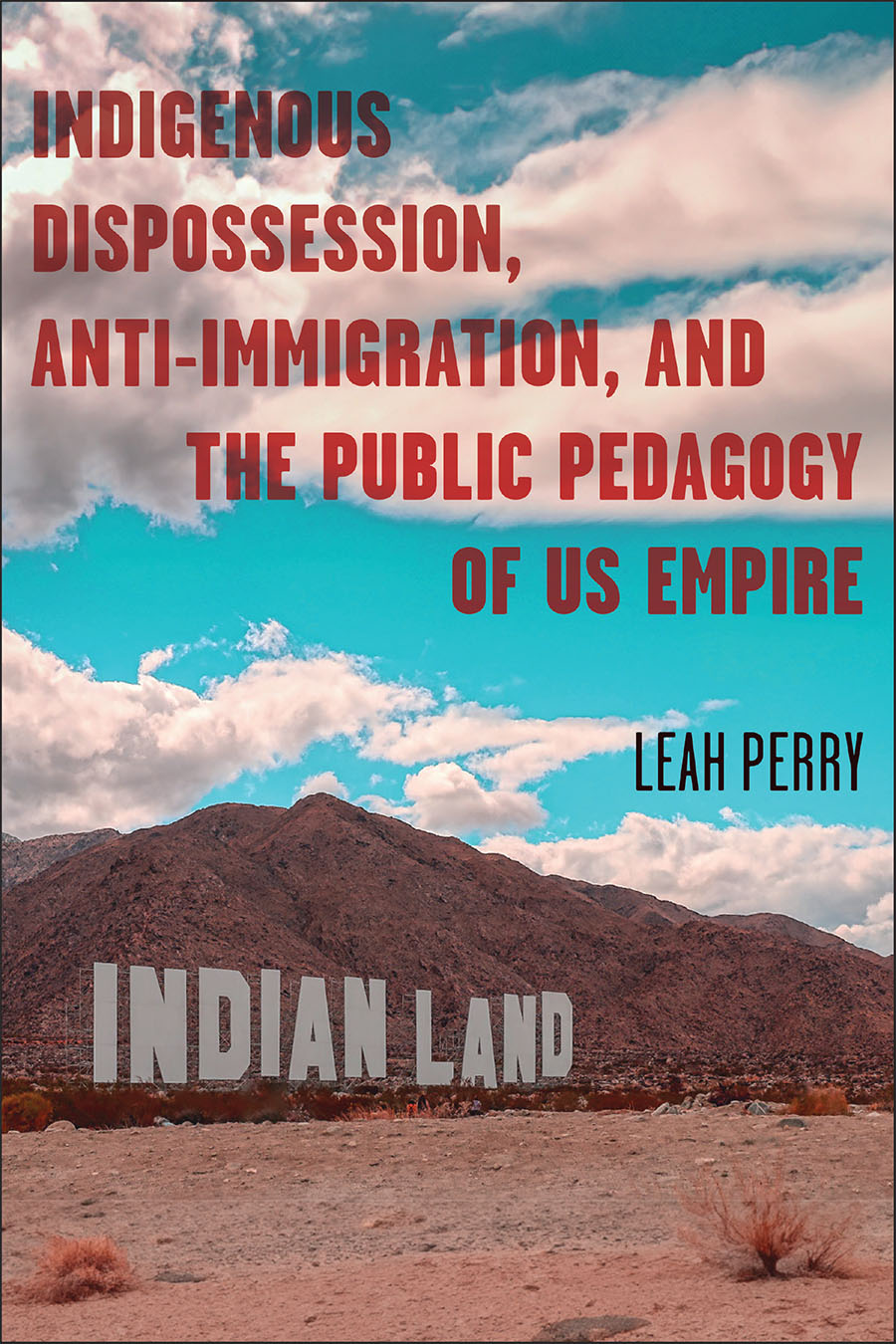“Sanctuary is a piece of vital scholarship that teaches us how to maintain analytic focus at varying levels of the social scale to address the dangerous colonial nexus of power, while simultaneously introducing us to real people with real names and faces to whom we are fundamentally connected.” —Christina Cedillo, cofounder of the Journal of Multimodal Rhetorics
“Sanctuary is rhetorically engaging, emotionally honest, and intellectually accessible. Medina resists reducing complex findings to academically overdetermined and theoretically overwrought explanations. His rich description and grounded analysis open up new insights into questions about geopolitical sanctuary and spiritual sovereignty while humanizing both the author and the stakeholders.” —Michelle Hall Kells, author of Vicente Ximenes, LBJ’s Great Society, and Mexican American Civil Rights Rhetoric
In Sanctuary, Cruz Medina presents a powerful counterstory to dominant narratives surrounding Latin American and Global South im/migration by bringing attention to the displacement of Indigenous Guatemalan Maya people who seek refuge in the United States. These migrants have exchanged gang and narcotrafficker violence for the dehumanizing and exclusionary rhetoric of US political leaders, militarized immigration enforcement, false promises of empowerment through literacy, and further displacement from gentrification. Medina combines decolonial critical race theory with autoethnography to examine white supremacist policies that impact US and transnational Indigenous populations who have been displaced by neocolonial projects of capitalism.
Taking a Northern California community of migrants from Guatemala as a case study, Medina demonstrates the ways in which immigration policy and educational barriers exclude Indigenous migrant populations. He follows the community at the “Sanctuary”—a Spanish-speaking church in the East Bay Area that serves as a place of worship, English language instruction, and refuge for migrants. Medina assembles participant observations, interviews, surveys, and other data to provide points of entry into intersecting issues of immigration, violence, language, and property and to untangle aspects of citizenship, exclusion, and assumptions about literacy.
Cruz Medina is Associate Professor of Rhetoric and Composition at Santa Clara University and faculty at Bread Loaf School of English. He is the author of Reclaiming Poch@ Pop: Examining the Rhetoric of Cultural Deficiency and coeditor of Racial Shorthand: Coded Discrimination Contested in Social Media.
Contents
List of Illustrations
Preface Scarred Family Trees
Acknowledgments
Introduction
Chapter 1 Citizenship, Economies of Exclusion, and Tech Money
Chapter 2 Decolonizing Immigration with Critical Race Theory
Chapter 3 Violence and the Legacy of Colonial Genocide
Chapter 4 Sanctuary Struggle, Linguistic Discrimination, and Indigenous Displacement
Chapter 5 Volunteer Literacy Teacher Counterstory
Chapter 6 Concluding a Story without an End
Appendix Survey Questions
Works Cited
Index





